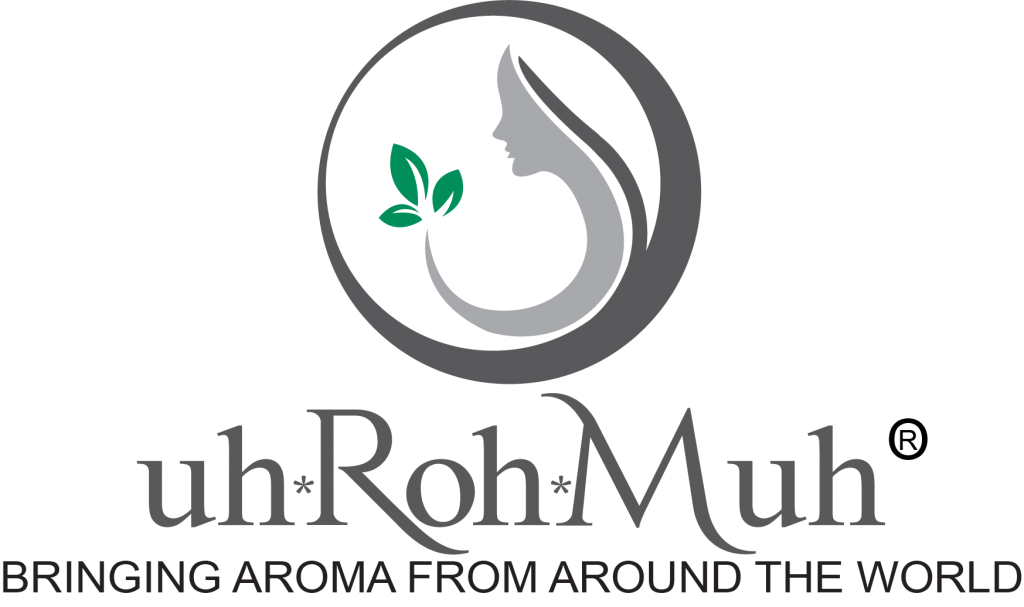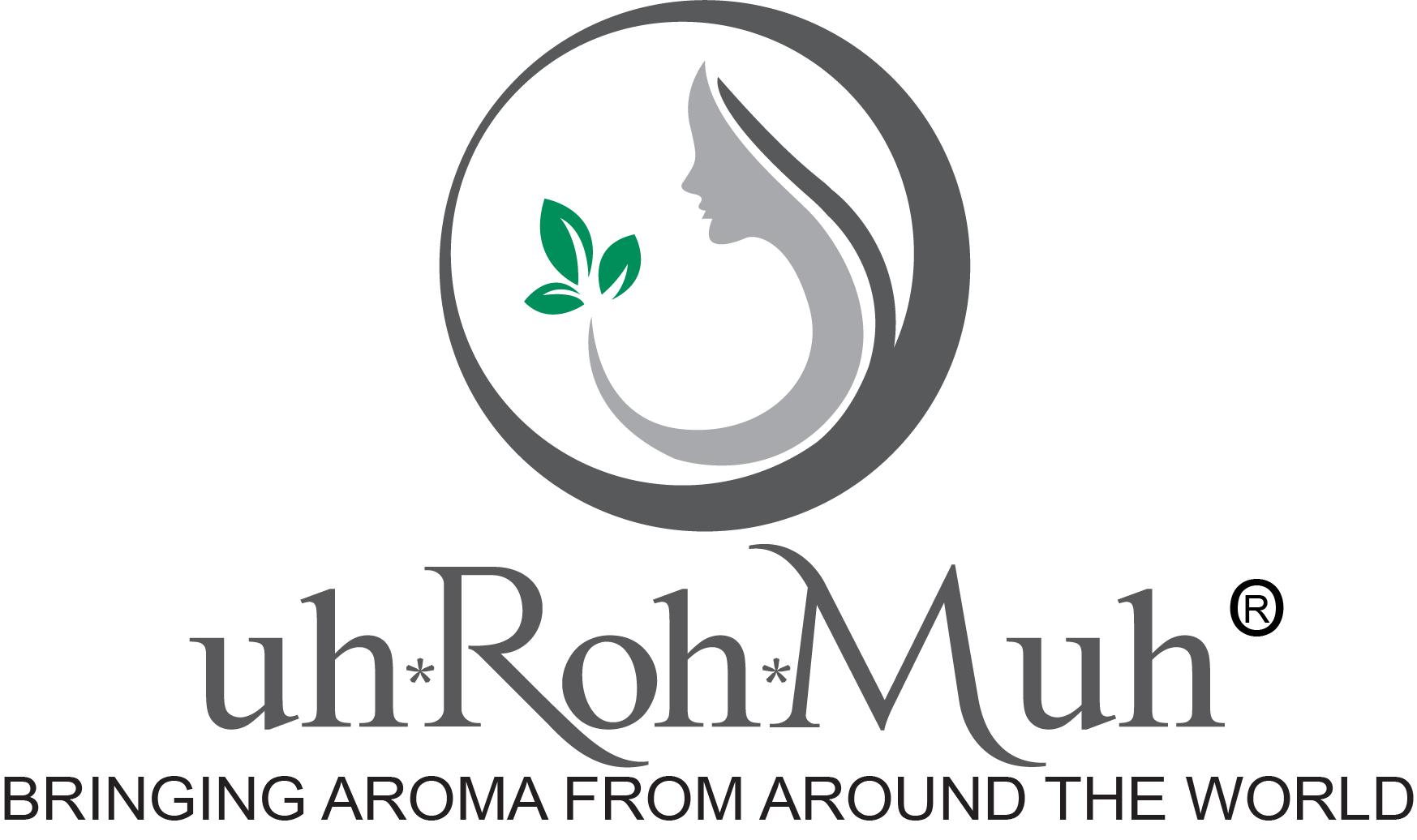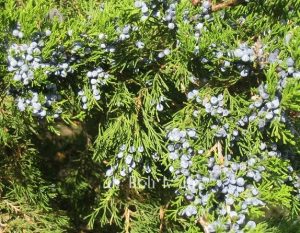Cedarwood Essential Oil
Cedarwood essential oil is derived from several specific genus of coniferous evergreen trees. They are hardy, even in severe climates, and so can be grown successfully all over the world. True cedar is the only type that is used to make therapeutic essential oil, and of this type, there are several sub-species, generally typified by geographical origin. The most common types include Atlas (from Morocco), and Himalayan (from the Himalayas).
There are 15 variants of cedarwood essential oil available in the world, each with their own variations in chemistry, but they all share some commonalities, including a warm, woodsy and balsamic scent that lends itself well to incense and cosmetic preparations, especially for men. Though most of its indications are for skin care and cosmetic purposes, it is also known to be an aid in meditation, where it helps balance the mind and enhance spiritual connections.
The oil itself is steam distilled from the bark and needles of the cedarwood tree, producing a medium yellow-to-amber colored liquid with a medium base fragrance note. Its chemical components include cedrol, a-cedrene, b-cedrene, widdrol, thujopsene, and other sesquiterpenes. The Atlas and Himalayan varieties are high in alantone and himachelene, while the American varieties are higher in cedrene, cedrol and thujopsene.
Cedarwood Juniperus Virginiana
Cedarwood Juniperus Virginiana is native to the American state of Virginia but is grown widely all over the United States and Canada. The USA is the sole source of cedarwood Juniperus Virginiana for essential oil.
The wood itself is popular for making cedar chests, armoires, wardrobes, and closets, as it repels moths and is long-lived and very durable.
Many Native American tribes used this particular type of cedarwood medicinally, treating ailments that include urinary tract infections, to encourage menstruation, and to ease respiratory tract complaints such as cold, fever, pneumonia, coughs and asthma. The wood was considered to be sacred and was burned in purification rituals and sweat lodges with the intent of ridding the body of toxins, driving away negativity and encouraging prophetic visions. It eventually went on to be included in the United States Pharmacopoeia.
It is commonly used in the cosmetics industry for shampoos, conditioners, soaps, aftershaves, men’s deodorants and fragrances. Additional uses include anti-bacterial household cleaners, air fresheners, and floor polishes, but it is also used in the culinary industry to flavor or enhance food and drinks.
Cedarwood Juniperus Virginiana is also an excellent decongestant, helping to calm a cough and unblock sinuses. It is also a very good insect repellant and is ideal for treating acne and other oily skin conditions.
Cedarwood essential oil in history
Cedars are mentioned in the bible more than just about any other tree. Its oil was used by the Egyptians for embalming, and in the second century, cedrium was mentioned by Galen and Dioscorides (the latter of whom Pliny followed very closely), as a tree resin that could be used to preserve bodies in much the same way as the Egyptians. Cedars are commonly planted in churchyards and have a reputation for being very long-lived. In Lebanon, a vast cedar grove was said to be the source of the wood that built King Solomon’s temple, and the woods themselves still exist on the slopes of Mount Lebanon. They were brought to Great Britain in the 1600s and planted on the banks of the Thames where many of the original trees still live today. Subsequent plantings of Atlas cedar were introduced in Wales and in Provence in the mid-1800s. In 1698, the French chemist, Nicolas Lemery, described it as a urinary antiseptic as well as a pulmonary tonic, and in 1925, doctors Michel and Gilbert obtained positive results in the treatment of chronic bronchitis, also mentioning it for its stimulant properties.
Cedarwood oil uses
Skin care: Cedarwood is very effective in treating many types of skin complaints including eczema, acne, and other assorted eruptions of the skin.
Skin tonic: Cedarwood is very stimulating the skin, and can be used all over the body in lotions creams, or after-shave.
Scalp/Hair care: Stimulates and strengthens the hair follicle, and so can be effective in treating alopecia and dandruff, and can help to stimulate new hair growth. Helps to make dry hair more supple. Detangles and deep-conditions any hair type – however, the oil has a tendency to darken hair color, so if you are fair-haired, use with caution.
Tightens muscles: Both inside the body and out, cedarwood helps to tone the muscles and tighten the skin.
Anti-inflammatory: Reduces inflammation on the skin’s surface, and also deep within joints, so can provide significant relief for those who suffer from arthritis.
Anti-fungal: Reduces the incidence and spread of fungal diseases on the skin and scalp, and can also help protect from food-borne pathogens.
Antiseptic: Kills common toxins that cause infection and reduces stress on the immune system as you heal.
Scars and wounds: Helps to heal wounds more quickly, and over time, reduces the appearance of scars on the skin.
Diarrhea: Cedarwood’s ability to tone the muscles of the digestive tract is helpful in relieving diarrhea.
Diuretic: stimulates the urinary tract, helping to increase the frequency of urination and thus expelling harmful toxins from the body.
Anti-spasmodic: For conditions such as restless leg syndrome, asthma, hiccups, menstrual cramping and other muscle spasms, cedarwood has many calming and soothing properties that can help ease the onset of spasmodic symptoms.
Respiratory ailments: Reduces congestion from coughs, colds, and flu, reducing severe coughs and helping you breathe easier.
Expectorant: Helps to loosen congestion in the chest and upper bronchial area.
Potpourri and Incense: A natural deodorizer for the air around you, cedarwood scents the air with its breezy, outdoorsy aromatics.
Insect Repellant: Keeps moths away from your closets or drawers. Use in the air around you or on your body to repel flying, biting insects.
Improved focus and concentration: research has proven that cedarwood reduces ADHD symptoms in children by up to 60%.
Sleep and stress reduction: Cedarwood has natural calming properties, and in addition to its stress-relieving action, can support a restful night’s sleep.
Culinary: Cedarwood is commonly used in culinary preparations to add a dimension of flavor to a dish, such as cedar-planked salmon, for instance.
Contraindications
Cedarwood is not recommended for internal use, as it can bring on nausea, vomiting, and intense thirst, and can cause severe damage to the digestive tract. High topical concentrations can cause skin irritation: always heed recommended dilution ratios. Avoid cedarwood if you are pregnant or nursing, and do not use on children unless under the direct guidance of a medical practitioner who is qualified in aromatherapy. Avoid contact with the eyes, mucous membranes, or with open wounds. As with all essential oils, test the diluted oil on a small, inconspicuous area of skin before applying liberally.
Cedarwood Juniperus Virginiana Contraindications: avoid Cedarwood Juniperus Virginiana if you are pregnant or think you might be pregnant. There are some claims that state that this essential oil may cause abortion or induce labor, though there is no specific evidence in support of this. Not recommended for internal use. Keep away from pets and children, and avoid contact with the eyes, ears, and mucous membranes as well as sensitive areas of the skin.
Disclaimer
These statements have not been evaluated by the Food and Drug Administration. This product is not intended to diagnose, treat, cure or prevent any disease. If you are pregnant, nursing, taking medication, or have a medical condition, consult your physician before using this product.




You must be logged in to post a comment.